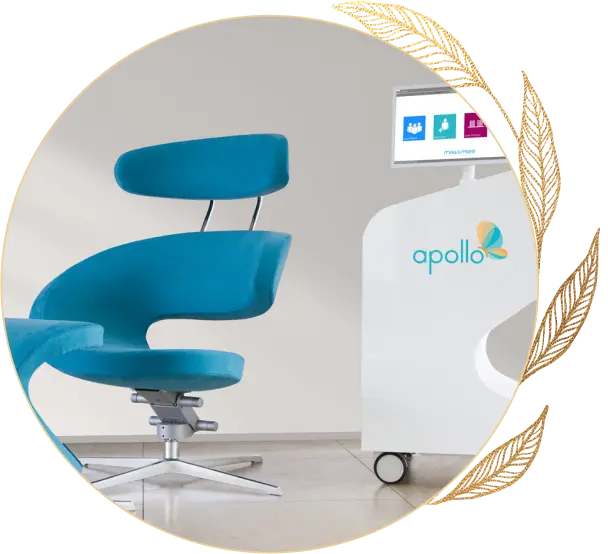Mixing ketamine and alcohol can be extremely dangerous due to their combined effects on the central nervous system. Both substances are depressants, meaning they slow down brain activity, which can lead to severe respiratory depression, loss of consciousness, and even death. When taken together, their sedative properties are amplified, increasing the risk of accidents, overdose, and potentially life-threatening situations. Additionally, the disorienting and anesthetic effects of ketamine combined with the impairing effects of alcohol can lead to poor decision-making and increased vulnerability to harm.
Aside from the immediate physical dangers, mixing ketamine and alcohol can also have serious long-term health consequences. Chronic use of either substance can lead to addiction, liver damage, and cognitive impairments. The combination can exacerbate these issues, potentially leading to a faster decline in physical and mental health. Moreover, the psychological effects, such as increased anxiety, depression, and potential development of substance use disorders, are significant concerns that require professional intervention and treatment.
Should I Drink Alcohol While Undergoing Ketamine Therapy?
Drinking alcohol while undergoing ketamine therapy is strongly discouraged. Ketamine therapy is often used to treat mental health conditions such as depression, anxiety, and PTSD, and combining it with alcohol can undermine the therapeutic benefits. Alcohol can interfere with the way ketamine works in the brain, potentially reducing its effectiveness and prolonging the time it takes to see improvements in symptoms. Additionally, alcohol can exacerbate side effects of ketamine, such as dizziness, nausea, and disorientation, making the treatment experience more uncomfortable and potentially hazardous.
Moreover, alcohol consumption can complicate the overall treatment process. It can negatively impact mood, sleep patterns, and cognitive function, all of which are crucial for the success of ketamine therapy. Patients are advised to avoid alcohol to ensure they are in the best possible physical and mental state to benefit from the treatment. It is essential to follow the guidance of your healthcare provider to maximize the effectiveness of ketamine therapy and ensure your safety throughout the process.
Drinking Alcohol with Spravato
Spravato (esketamine) is the form of ketamine therapy that Luxury Psychiatry Clinic offers for treatment-resistant depression and other mental health conditions. Drinking alcohol while using Spravato is highly discouraged due to the potential for severe interactions. Both Spravato and alcohol act as central nervous system depressants, which can significantly impair cognitive and motor functions, increasing the risk of accidents, falls, and injuries. The combination can also lead to heightened sedation, dizziness, and difficulty concentrating, making it unsafe to perform tasks that require full alertness, such as driving.
Furthermore, alcohol can diminish the therapeutic effects of Spravato. The efficacy of Spravato relies on its ability to create new neural connections and improve mood. Alcohol can interfere with this process by disrupting brain function and potentially exacerbating symptoms of depression and anxiety. It is crucial to adhere to your healthcare provider’s instructions and avoid alcohol while undergoing treatment with Spravato to ensure the best possible outcomes and minimize risks.
Side Effects of Mixing Alcohol and Ketamine
Mixing alcohol and ketamine can lead to a range of serious side effects due to their combined depressant effects on the central nervous system. When taken together, the risks associated with each substance are significantly amplified, leading to dangerous and potentially life-threatening outcomes. Understanding these side effects is crucial for anyone undergoing ketamine therapy or considering the use of either substance.
Common side effects of mixing alcohol and ketamine include:
- Severe drowsiness or sedation
- Dizziness and loss of coordination
- Impaired cognitive function and judgment
- Nausea and vomiting
- Increased risk of accidents and injuries
- Respiratory depression or difficulty breathing
- Elevated heart rate and blood pressure fluctuations
- Hallucinations or dissociative experiences
- Memory lapses or blackouts
- Agitation or confusion
The combination of alcohol and ketamine not only poses immediate physical risks but also significantly impacts mental health and overall well-being. Prolonged use of both substances can lead to chronic health issues, including addiction, liver damage, and severe cognitive impairments. It is essential to avoid mixing these substances and follow medical advice to ensure safe and effective treatment, particularly when undergoing ketamine therapy.
Is Ketamine Dangerous with Other Drugs?
Ketamine can be dangerous when combined with other drugs, as the interactions can lead to severe health risks and complications. The effects of ketamine, a powerful dissociative anesthetic, can be unpredictable and are often exacerbated by the presence of other substances. This combination can increase the likelihood of adverse reactions, making it essential to understand the potential dangers.
Common drugs that pose significant risks when mixed with ketamine include:
- Benzodiazepines: Both ketamine and benzodiazepines are central nervous system depressants, and their combined effects can lead to extreme sedation, respiratory depression, and impaired motor function.
- Opioids: Mixing ketamine with opioids can result in profound respiratory depression, increasing the risk of overdose and potentially fatal outcomes.
- Stimulants: Combining ketamine with stimulants such as cocaine or amphetamines can cause unpredictable cardiovascular effects, including elevated heart rate, blood pressure fluctuations, and an increased risk of heart attack or stroke.
- Alcohol: As mentioned earlier, alcohol and ketamine together can lead to severe sedation, respiratory issues, and increased risk of accidents and injuries.
- Antidepressants: Certain antidepressants, especially monoamine oxidase inhibitors (MAOIs), can interact with ketamine, leading to dangerous increases in blood pressure and other cardiovascular complications.
- Antipsychotics: The combination with antipsychotic medications can lead to unpredictable changes in mood and cognitive function, potentially worsening psychiatric symptoms.
The combination of ketamine with other drugs can create a complex and hazardous interaction, amplifying the risks associated with each substance. It is crucial to disclose all medications and substances being used to your healthcare provider before starting ketamine therapy to ensure safe and effective treatment. Avoiding the use of recreational drugs and adhering to medical guidance can help mitigate the dangers and enhance the therapeutic benefits of ketamine.
Find Out If Ketamine Therapy is For You
Deciding whether ketamine therapy is the right choice for you involves understanding its potential benefits, risks, and how it fits into your overall mental health treatment plan. Ketamine therapy, including the use of Spravato, has shown promising results for individuals with treatment-resistant depression and other mental health conditions. However, it is crucial to discuss your medical history, current medications, and any concerns with a qualified healthcare provider to ensure this treatment is suitable for your specific needs.
At Luxury Psychiatry Clinic, we are dedicated to providing comprehensive and personalized care to help you achieve optimal mental health. Our experienced team is here to guide you through the process, answer any questions, and develop a treatment plan tailored to your unique situation. Whether you are struggling with depression, anxiety, or other mental health issues, ketamine therapy may offer a new avenue for relief and improved well-being.
Take the first step towards a brighter future by reaching out to Luxury Psychiatry Clinic today. Our compassionate and knowledgeable staff are ready to support you on your journey to better mental health. Contact us to schedule a consultation and find out if ketamine therapy is the right choice for you.


















